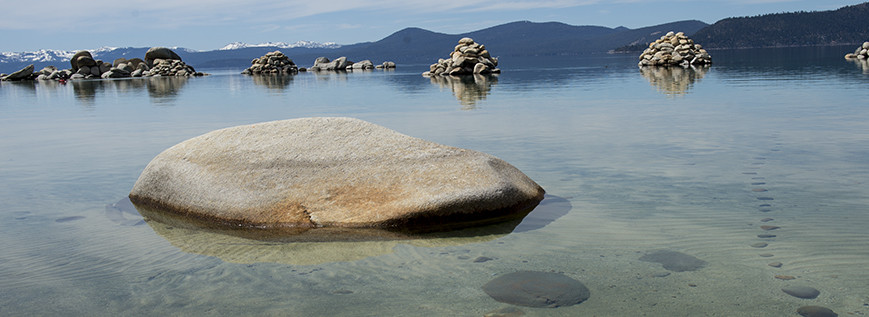Here we are again, back with this word: power. Do we have it? Or not? If you have read my book, you know that I believe that the 12 steps, as they are laid out in the textbook of Alcoholics Anonmous, are for beginners. It was never an intention for us to go through life powerless. Yes, we are very much powerless at certain times in our lives. But that isn’t a bad thing. Think of powerlessness as a doorway, through which we can step into and thus walk experiencing lives of power. We get our power back in the 10th and 11th steps.
In New Thought this week, Centers for Spiritual Living all over the world are following a #100YearsOfScienceOfMind theme, based on the Ernest Holmes book Living the Science of Mind. This week’s entry is titled “Thinking Affirmatively” and begins with this quote: “THERE is a Power for Good in the Universe greater than you are, and you can use It.”
Just like in the steps, there is a process to get to the place where we can use this power. Ernest Holmes describes basically a three step process: 1. Oneness. We are One with this Power for Good. 2. The trend of our thoughts and beliefs will either attract or repel good in our lives. 3. Change the thinking and the beliefs if what you are attracting is not pleasing to you.
The process is a bit longer in the steps, and a bit more detailed, but basically the same: 1. admit, or discover, there is something in life not to your liking. It isn’t working anymore. 2. Find and develop a higher power. 3. Take personal responsibility for your life by discovering yourself, your fears and how you react to those fears. 4. Clean up the mess. 5. Begin to live life based in spiritual principles. 6. Continue to do introspection and develop a sense of and connection with a higher power. This is where you get your power back.
Combine the two teachings, and I can tell you that life gets better than you could ever imagine!
If you want a jump start on creating more good in your life, consider going on retreat with me, to Death Valley in March. Here is a link with more information.








